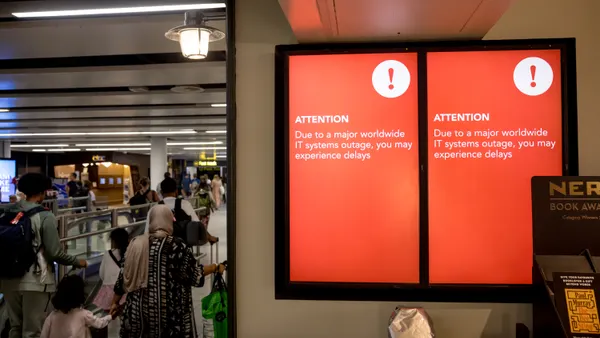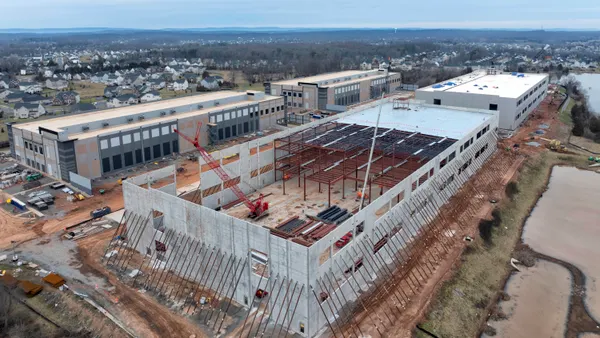Sprawling business technology decisions are composed of tiny details that call for technical know-how. It helps when the person making those calls has once stood where developers now stand.
Jeff Sippel, CIO and EVP at Northwestern Mutual, has been a technology leader for more than two decades. But before ascending the management ladder, he got his start in tech, writing code.
An industrial engineering grad, Sippel took a consultant role out of college but quickly realized he had a passion for writing software, and joined online travel company Orbitz as a software engineer. He was there for a decade, eventually rising to become VP of engineering.
"I've always kind of bounced around between product, business strategy and technology roles, but I started my career as an engineer," said Sippel, who first joined the company in 2019 and ascended to the CIO role last year.
CIOs and other technology leaders offer the C-suite a shorthand language for understanding how IT operates. But CIOs with previous hands-on experience in software can better grasp technical details that might elude peers with a business background. The biggest upside, though, is their ability to bring new perspectives to business problems.
"It gives me great intuition to solutions and approaches," Sippel said. "When our teams are deciding between different approaches to solve a problem, it helps me frame questions to ask that hopefully guide them in a better direction."
Tech at the center
In today's market, companies are willing to pay a premium to have the right set of skills at the helm of their technology organization. CIO and other leadership roles saw their pay grow 8.4% last year, according to a report from Dice.
Organizations want a mix of skills: sufficient technology know-how and enough business savvy to understand how technology connects to broader company goals.
Spending time as a developer can represent an upside in technology leadership, according to Michele Goetz, VP and principal analyst at Forrester.
AI systems, for example, bring technical complexities that require executives to have hands-on experience in understanding how those capabilities are designed and ultimately implemented.
"The better leaders are those that are using AI themselves in some way," said Goetz.
With a career stint as a hands-on software developer, Sippel says it's easier to assess whether a specific project is on track to meet its deadlines. There's also a clearer understanding of technology operations.
"I realized that I was pretty good at explaining technology to the business teams, and business to the technology team," he said. "Ever since, I've sat in the middle between those groups. Sometimes I'm on the business side and sometimes I'm on the technology side, but I really enjoyed puzzling together where we're going as a company and then building technology and tools to help us get there."















